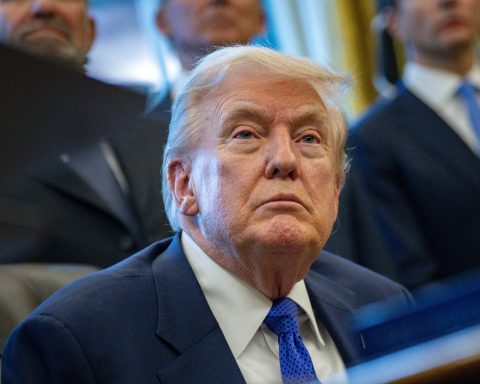In the midst of the pandemic, one type of herd became very popular. Its arrival was eagerly awaited, as if it were an army of liberation that had come to save us from the yoke that the virus had placed on us. The herd, in reality, was ourselves, and what was awaited was the moment when there would be enough people immunized, either by contagion or by vaccination, to stop the uncontrolled spread of the disease.
In another context, herds are not so popular. For economists, herd behavior is often seen as a manifestation of irrationality. Getting carried away by what others do to do the same does not seem to be an intelligent decision, since it can be equivalent to imitating mistakes, allowing deception such as pyramids that promise exorbitant returns. The appropriate thing seems to be to act based on their own criteria, based on true and verifiable data, instead of simply copying actions of others.
However, herd behavior has, in some cases, its defenders. In exchange markets of underdeveloped countries, studies have highlighted that in situations where the exchange rate, let’s say that of the local currency with the dollar, is a determining factor of economic activities, and therefore figures among the main objectives of the policy monetary, herd actions may be rational given the influence they exert on the exchange balance. In other words, in small markets that are highly dependent on the value of the dollar, it is rational to assume, for example, that if other people and companies are buying dollars because they believe that its price will rise, those purchases will tend to cause that to happen, making wise to act in the same way.
Herd behavior is linked to the availability of information, which is why effective central banks strive to supply data that generates stabilizing perceptions.

















